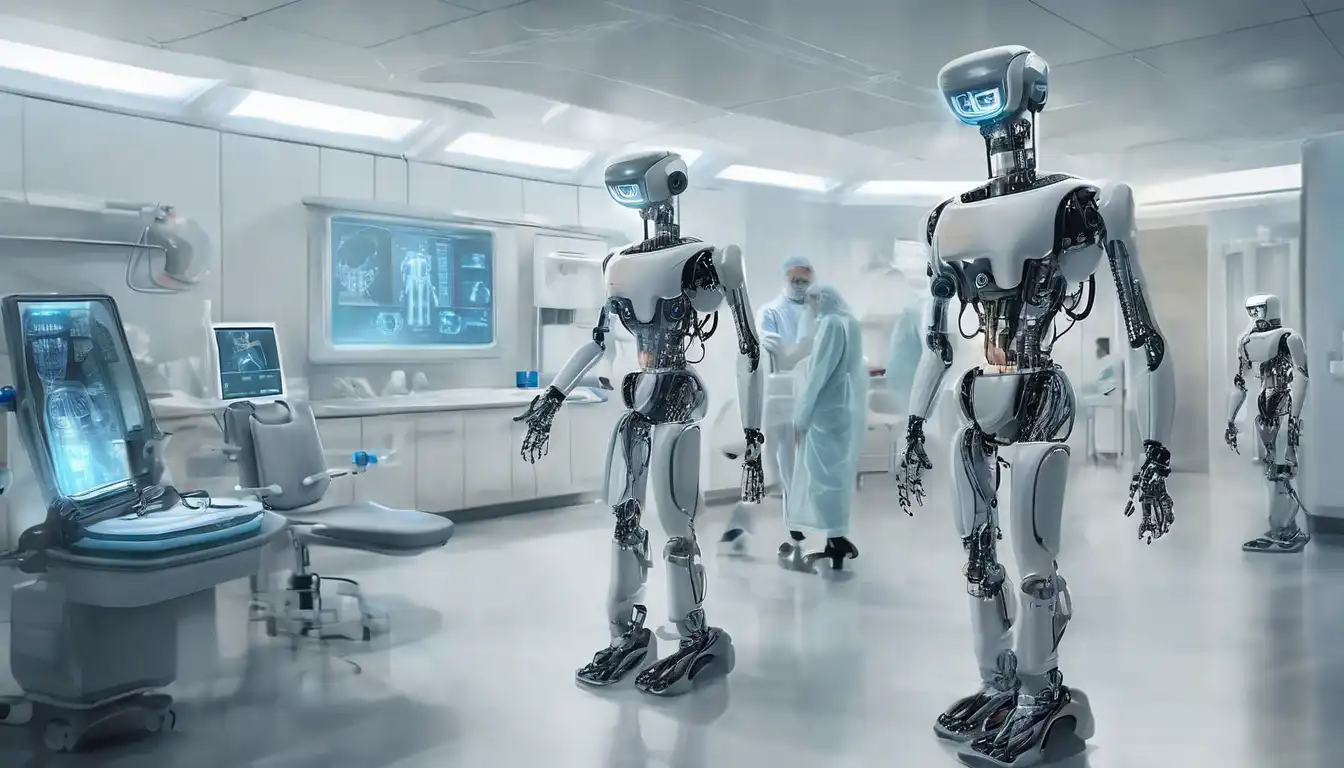The Next Era of Robotics in Healthcare
The integration of robotics into healthcare is transforming patient care, surgical procedures, and rehabilitation processes. This technological advancement is not just a glimpse into the future; it's a present reality that's reshaping the healthcare industry. From robotic surgery to automated patient monitoring systems, the potential for robotics in healthcare is boundless.
Robotic Surgery: Precision and Efficiency
One of the most significant contributions of robotics in healthcare is in the field of surgery. Robotic surgical systems, such as the da Vinci Surgical System, allow surgeons to perform complex procedures with greater precision, flexibility, and control than conventional techniques. These systems minimize human error, reduce patient recovery time, and lower the risk of complications.
Automated Patient Monitoring
Robotics technology has also paved the way for automated patient monitoring systems. These systems can continuously monitor patients' vital signs, administer medication, and even alert healthcare providers to potential health issues before they become critical. This not only improves patient outcomes but also alleviates the workload on healthcare professionals.
Rehabilitation Robotics
Rehabilitation robotics is another area where technology is making a significant impact. Robotic exoskeletons and prosthetic limbs are helping patients regain mobility and independence after injuries or strokes. These devices are tailored to meet the individual needs of patients, offering personalized therapy sessions that accelerate recovery.
The Future of Robotics in Healthcare
The future of robotics in healthcare is bright, with ongoing research and development focusing on artificial intelligence (AI) and machine learning. These technologies will enable robots to make autonomous decisions, further enhancing patient care. As robotics technology continues to evolve, we can expect to see more innovative applications in diagnostics, treatment, and patient care.
For more insights into how technology is transforming healthcare, explore our technology in healthcare section.
Challenges and Considerations
Despite the numerous benefits, the integration of robotics into healthcare comes with its set of challenges. High costs, ethical considerations, and the need for specialized training are some of the hurdles that need to be addressed. However, with continued advancements and collaboration between technologists and healthcare professionals, these challenges can be overcome.
Robotics in healthcare represents a paradigm shift in how we approach patient care. By embracing these technologies, we can improve efficiency, reduce errors, and ultimately save lives. The future of healthcare is here, and it's robotic.
Discover more about the latest in healthcare innovation by visiting our healthcare innovation page.
